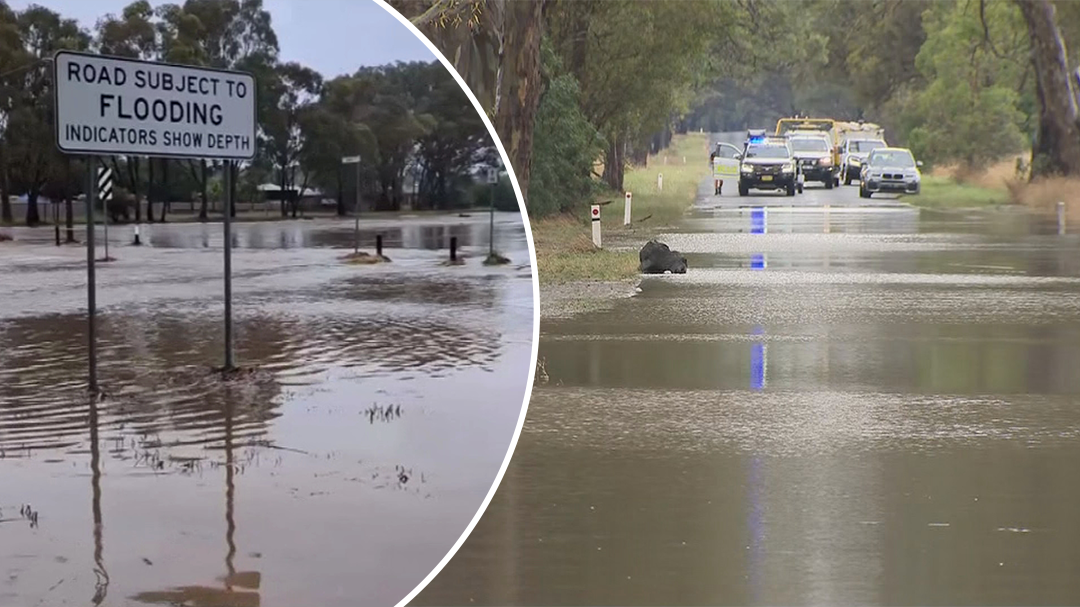Women were subjected to violence and sexual assaults resulting in pregnancies in the immediate aftermath of the northern rivers floods due to a lack of triaging and separation at emergency centers, according to research from the University of Newcastle.
The report examining health and wellbeing after the flooding also found women stepped into leadership roles and harnessed social media and community willpower to help Lismore and surrounding areas over the past two years.
The lead author and social worker, Associate Prof Wendy Foote, said despite the immediate horrors, it was largely women who led the short- and longer-term recovery efforts where the New South Wales government and emergency agencies failed.
“We had the most amazing women who not only filled that space, that void, but they did it in the most professional and inclusive way,” she said.
The report co-author Prof Margaret Alston said historically women had undertaken the “burden of labour and the health impacts of disasters” and that had happened in Lismore as well.
“That’s not to diminish the efforts of men in these circumstances but can be due to the nurturing or support roles women often take on in response to trauma,” she said.
“In this case, the work-load imbalance, threats to self and property and trauma impacts were very gendered. Women undertook the bulk of unpaid work in the immediate response and stayed in support roles for extended periods following the initial emergency.”
Women were “prominent in their spontaneous organizing” and “women-led organizing was both sophisticated and valuable to the community”, the study found.
Despite the success of women’s leadership after the initial flooding, researchers found women had been unsafe in emergency shelters in early 2022.
They recommend emergency services establish triaging systems when people first arrive at shelters and provide separate rooms for women and children in evacuation centers to keep them safe.
“The support provided through the establishment of evacuation centers was critical to establishing shelter, however, participants described unmanaged risks,” the researchers found.
“An absence of triaging to create discrete sections resulted in women and children sharing spaces with domestic violence perpetrators, sex offenders and those withdrawing from addictions.
“Participants reported gender-based violence and sexual assaults resulting in pregnancies. The lack of access to pharmacies or contraception and inaccessible abortion services were noted as a problem.”
Seven of the 24 study participants reported knowing of sexual assaults that occurred in the shelters. “These experiences were overlaid with the shock and trauma of the flood,” the study found.
“Participants in professional roles reported that the evacuation centre was unsafe for their clients, that assaults occurred there and that police were called every night.”
It found there had been some improvement when a Department of Communities and Justice (DCJ) representative arrived and “brought some order to the chaos”.
The NSW premier, Chris Minns, said on Tuesday that his government was taking the allegations seriously. “It’s a very disturbing report – it will be fully examined by the NSW government,” he said.


